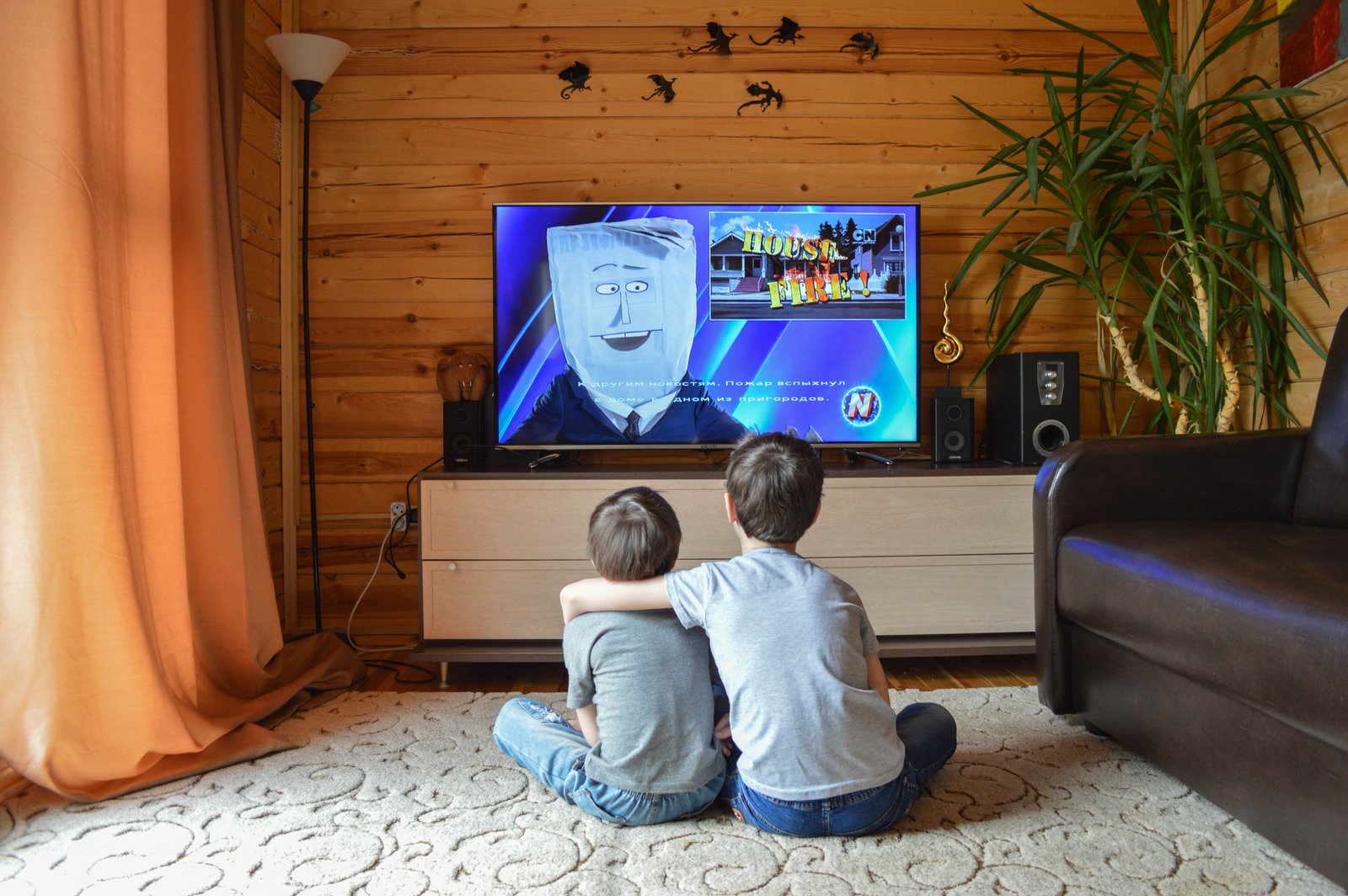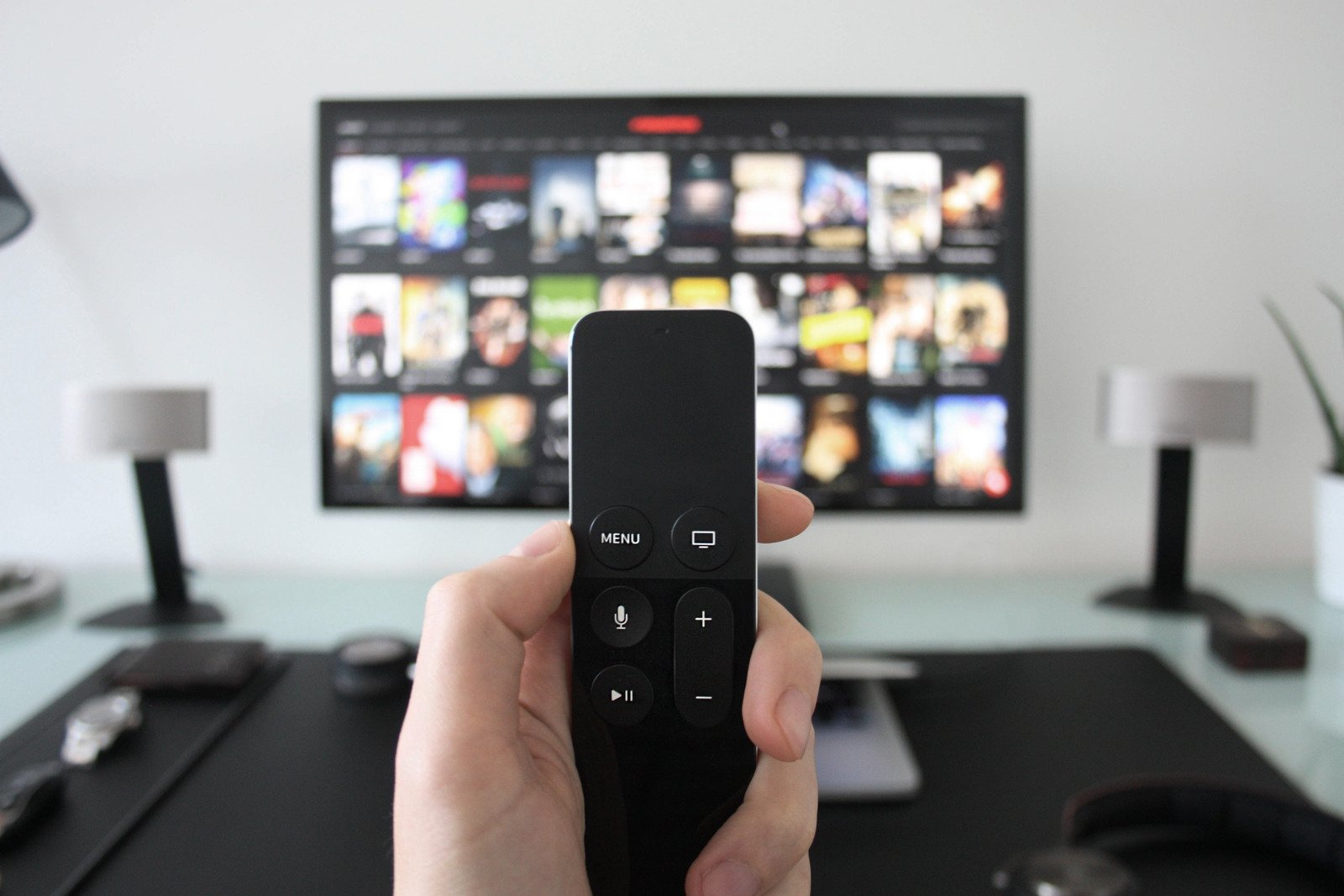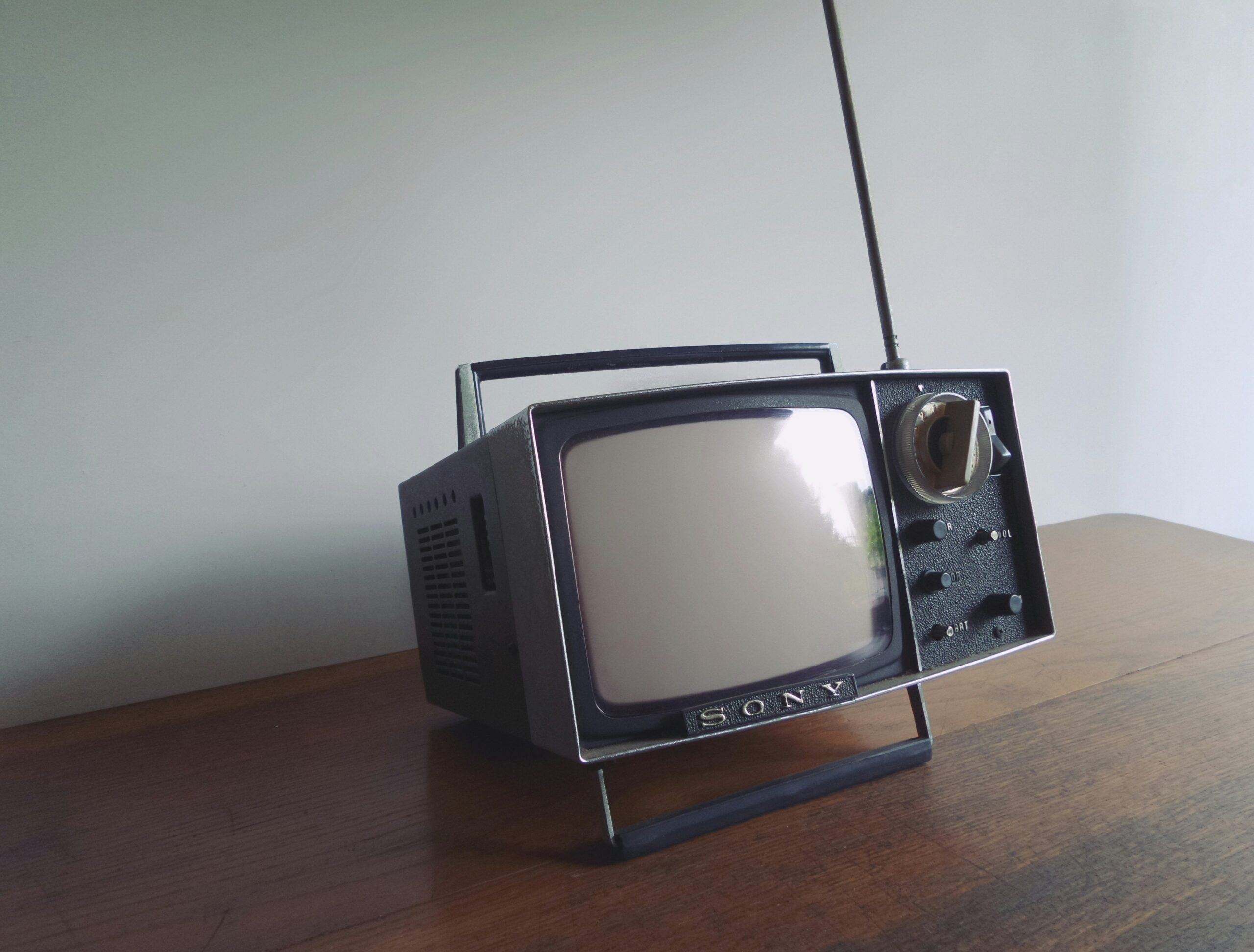Welcome to the future of television viewing! Gone are the days of flipping through channels on a clunky remote control. Smart TVs have taken over, offering a whole new world of entertainment right at your fingertips. Let’s dive into how these cutting-edge devices are revolutionizing the way we watch television and changing the entire TV industry landscape.
The Evolution of Television Viewing
Television viewing has come a long way from the days of bulky box TVs with rabbit ear antennas. Remember adjusting those antennas for better reception? Fast forward to today, where sleek and sophisticated smart TVs adorn our living rooms, offering a myriad of features that were once unimaginable.
The evolution of television viewing has been nothing short of remarkable. From black and white screens to high-definition displays, we’ve witnessed an incredible transformation in picture quality over the years. With advancements in technology, televisions have become smarter than ever before, integrating seamlessly with the internet and various streaming services.
Gone are the limitations of traditional cable TV schedules; now we can stream content on-demand at our convenience. Smart TVs have opened up a whole new world of entertainment possibilities, allowing us to access endless movies, shows, music, games, and even social media right from our couches.
As we continue to embrace these innovations in television technology, one thing is certain – the future holds even more exciting developments in store for how we consume content on our screens.
The Features and Benefits of Smart TVs
Smart TVs have completely transformed the way we experience television. With their sleek design and advanced technology, smart TVs offer a range of features that enhance our viewing pleasure.
One of the key benefits of smart TVs is their internet connectivity, allowing users to access a variety of streaming services like Netflix, Hulu, and Amazon Prime Video directly from their TV screen. This means no more switching between devices or dealing with messy cables – everything you need is right at your fingertips.
Additionally, smart TVs come equipped with apps that cater to every interest imaginable. Whether you’re into sports, cooking shows, or documentaries, there’s an app for it on your smart TV. Plus, many smart TVs now come with voice control capabilities, making it easier than ever to navigate through channels and search for your favorite content.
Furthermore, the picture quality on smart TVs is top-notch thanks to technologies like 4K resolution and HDR support. This means that you can enjoy crystal-clear images and vibrant colors when watching your favorite movies or TV shows.
The features and benefits of smart TVs make them a must-have for anyone looking to elevate their television viewing experience.
How Smart TVs are Changing the TV Industry
Smart TVs are not just another gadget in our living rooms; they are reshaping the television industry as we know it. With their internet connectivity, streaming capabilities, and app integration, smart TVs provide viewers with endless entertainment options at their fingertips.
Traditional TV networks and cable companies are feeling the pressure to adapt to this changing landscape. As more consumers cut the cord in favor of streaming services accessible through smart TVs, these traditional players must find new ways to engage audiences and stay relevant.
The rise of smart TVs has also paved the way for personalized content recommendations based on viewing habits. This targeted approach is revolutionizing how content is delivered to viewers, making their TV-watching experience more tailored and enjoyable.
Smart TVs have disrupted the TV industry by offering a new level of convenience, flexibility, and customization that was previously unimaginable with traditional broadcasting methods.
The Impact on Traditional TV Networks and Cable Companies
The rise of smart TVs has significantly impacted traditional TV networks and cable companies. With more viewers opting for streaming services and on-demand content, these traditional players are facing challenges in retaining their audience. As consumers have greater control over what they watch and when they watch it, the need for scheduled programming is diminishing.
Cable companies are seeing a decline in subscribers as people choose to cut the cord and rely solely on internet-based television options. This shift has forced traditional TV networks to adapt by offering their own streaming services or partnering with existing platforms to reach audiences online.
In response to changing viewing habits, cable companies are beginning to offer more flexible packages that cater to individual preferences rather than bundled channels. This move reflects a recognition of the demand for personalized content choices that smart TVs facilitate.
The impact of smart TVs on traditional TV networks and cable companies underscores the need for adaptation in an evolving media landscape where digital consumption is king.
The Future of Television with Smart TV Technology
As smart TV technology continues to advance at a rapid pace, the future of television viewing looks more exciting than ever before. With features like voice control, personalized recommendations, and seamless integration with other smart devices, we can expect an even more immersive and interactive viewing experience.
Traditional TV networks and cable companies are already feeling the impact of this revolution as more viewers opt for streaming services on their smart TVs. This shift is forcing them to adapt their business models and offerings to stay relevant in the digital age.
Smart TVs are not just changing how we watch television; they are reshaping the entire TV industry landscape. Whether it’s through AI-powered algorithms or 8K resolution displays, one thing is certain – the way we consume content will never be the same thanks to the innovation brought by smart TV technology.












